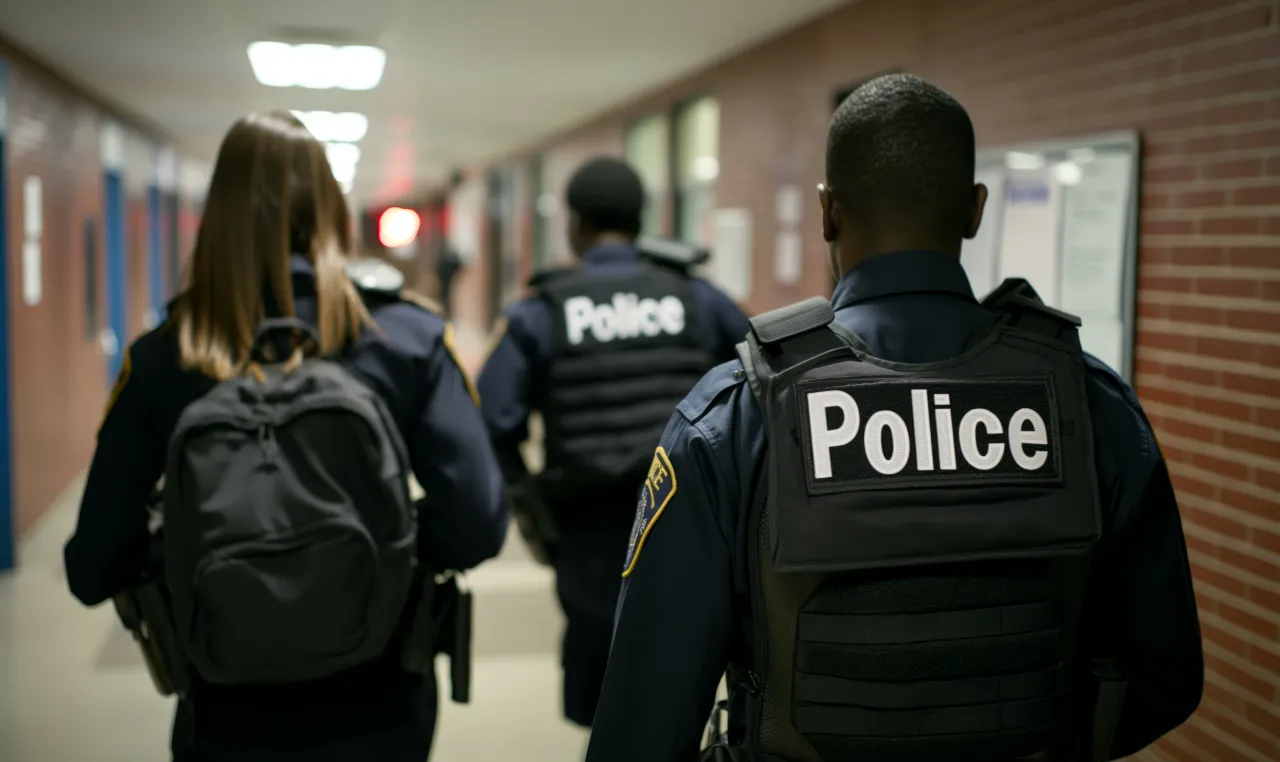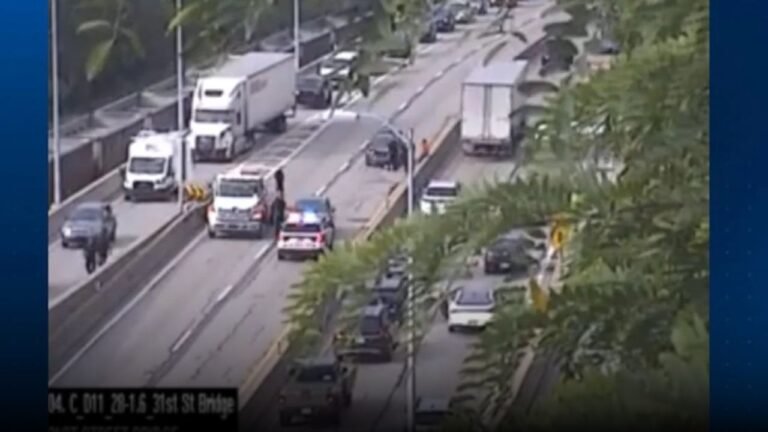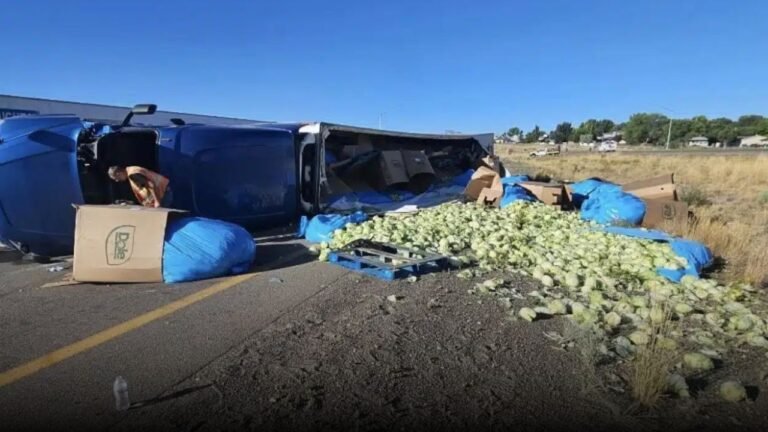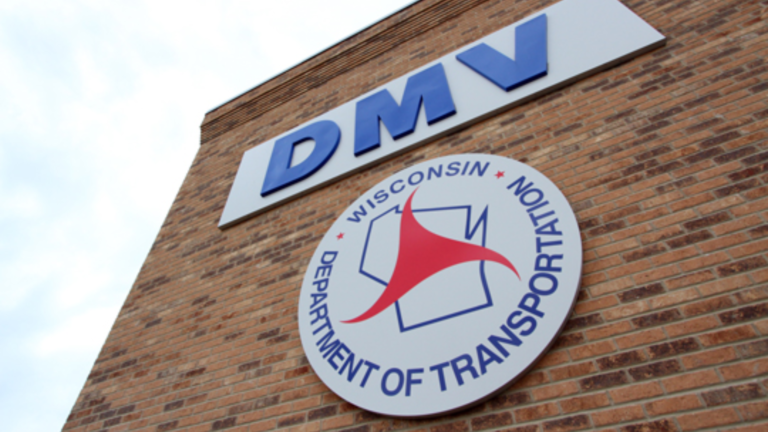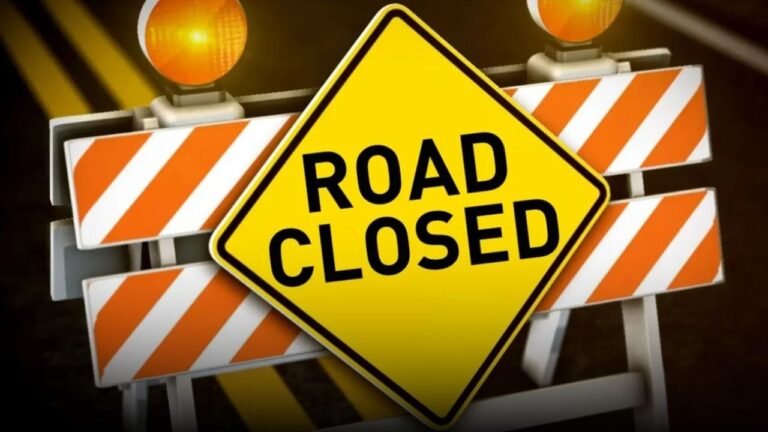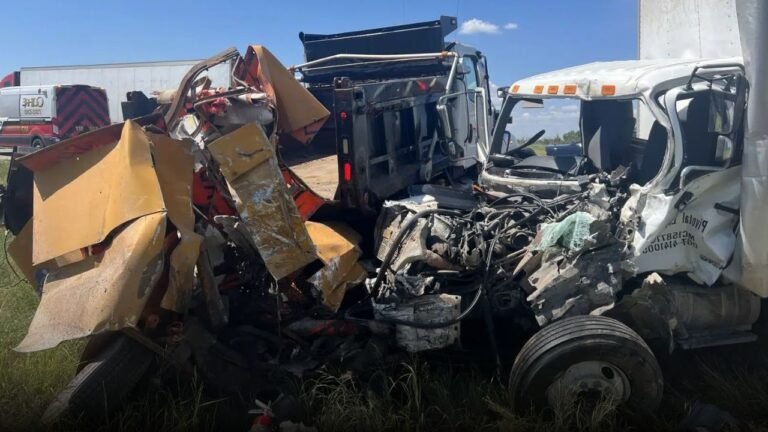Illinois Students Can No Longer Be Ticketed by Police in School Under New Law
CHICAGO, ILLINOIS — A new Illinois law has taken effect immediately, prohibiting law enforcement officers from ticketing or fining students in schools for disciplinary issues. Advocates say the measure marks a major step in ending a practice that has disproportionately affected students of color and low-income families.
What the New Law Does
Signed this week by Gov. JB Pritzker, the law bans ticketing and fining students for incidents that occur on school property during the school day. It also requires that by July 1, 2026, districts using school resource officers have a formal memorandum of understanding with law enforcement. These agreements must:
- Prohibit school resource officers from issuing tickets.
- Clearly define officer responsibilities within schools.
- Ensure officers receive proper training.
- Establish review and evaluation processes for officer programs.
The changes build on reforms from a decade ago, when Illinois prohibited schools from directly charging students with disciplinary fines.
Data Collection and Accountability
To improve transparency, the law requires districts and the Illinois State Board of Education (ISBE) to collect and report referral data. Beginning in the 2027–28 school year, districts must report how many students are referred to law enforcement. ISBE will compile and publish the statewide data by January 2029.
State Superintendent Tony Sanders praised the measure, saying ticketing students has not been shown to improve behavior or address root causes. Instead, he said, the practice has forced families to pay unnecessary fines “instead of buying groceries and other household needs.”
Why the Change Was Needed
The law follows a 2022 investigation by ProPublica and the Chicago Tribune, which revealed that Illinois schools routinely referred students to police for minor infractions like truancy. That investigation found Black and Latino students were disproportionately ticketed, often saddling families with hundreds of dollars in fines for issues unrelated to criminal activity.
“This law is a responsible measure to protect students,” said State Rep. La Shawn Ford, the House sponsor of the bill. “We want to keep young people out of the criminal justice system, not unnecessarily introduce them to it by involving police in matters that should be handled by teachers and principals.”
What This Means for Schools
While ticketing and fines are now banned, the law does not prevent schools from contacting law enforcement in cases of crime or safety threats. Serious incidents will still involve police intervention when appropriate.
Supporters of the reform say the change will help keep students in the classroom rather than pushing them toward the criminal justice system for non-criminal behavior.
Illinois parents, teachers, and students — do you think this law will create a fairer approach to school discipline? Share your thoughts in the comments, and keep following ChicagoSuburbanFamily.com for more education and policy updates.

